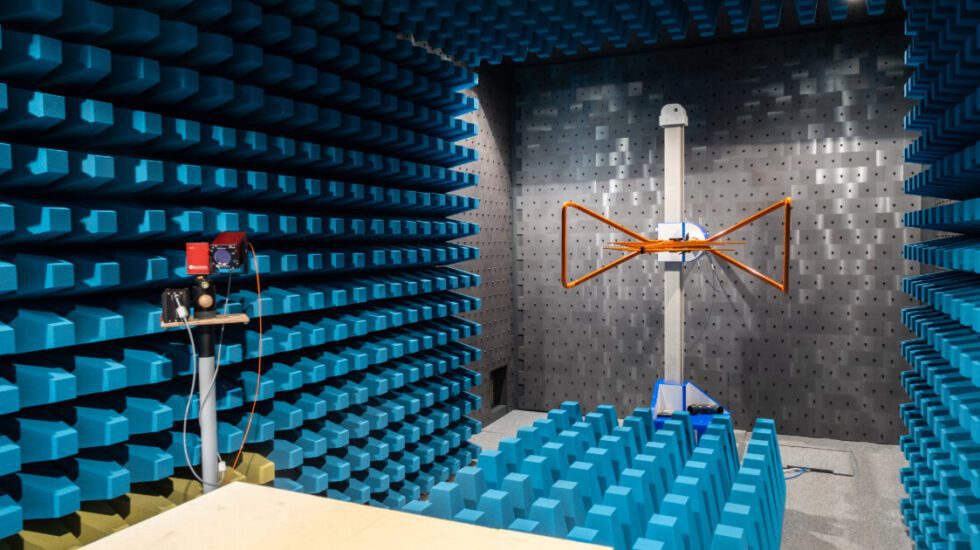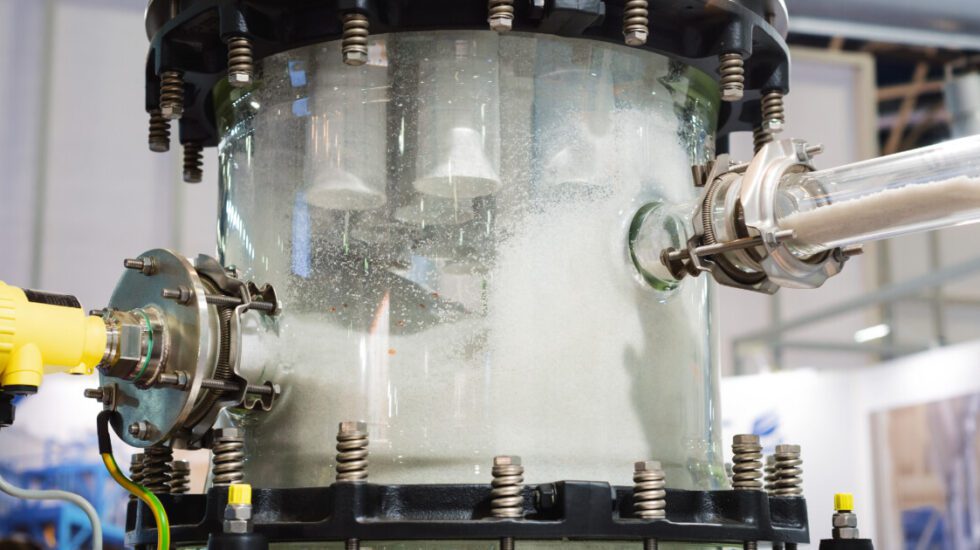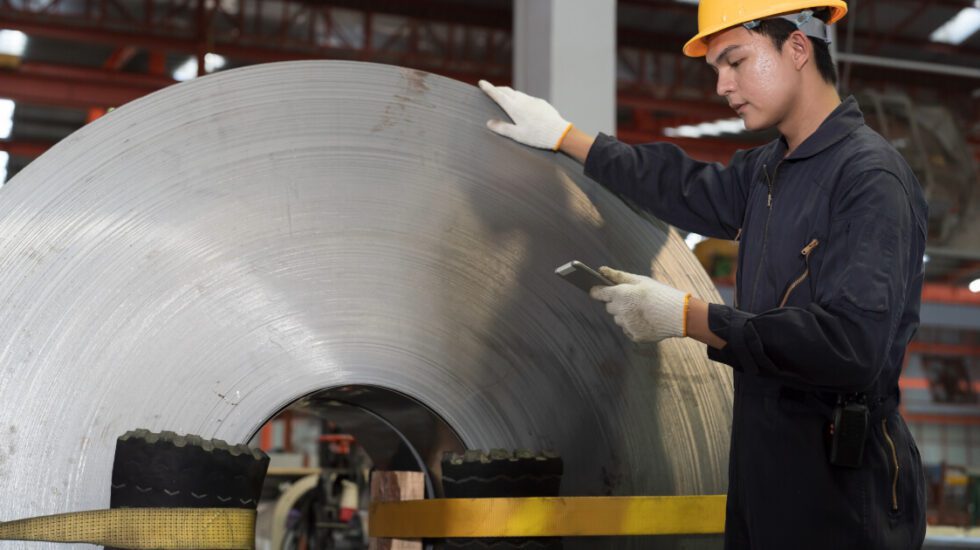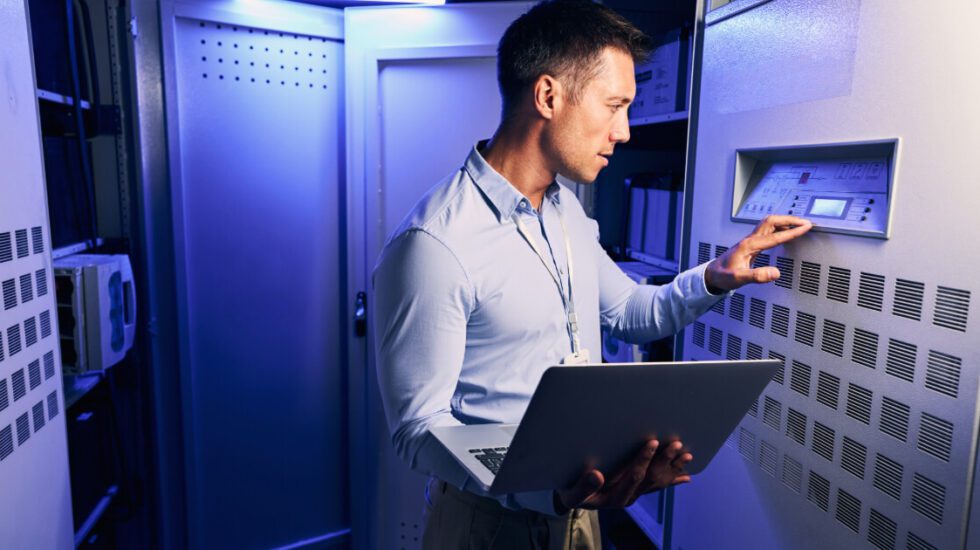Boost Innovation in Pulp and Paper Manufacturing with SR&ED Tax Credits
In the world of pulp and paper manufacturing, technological innovation is crucial for staying competitive and sustainable. However, developing new techniques and improving existing processes can come with significant challenges. Fortunately, the Scientific Research & Experimental Development (SR&ED) tax incentive program offers valuable support for overcoming these technological uncertainties. Here’s how your pulp and paper manufacturing business can benefit from SR&ED credits:
Key Areas of Technological Uncertainty in Pulp & Paper Manufacturing
- Development of Novel Pulp Processing Techniques
- Technological Uncertainty: Innovating methods to enhance pulp processing efficiency and quality can be challenging. Whether it’s improving chemical or mechanical processes, the goal is to reduce waste, increase pulp strength, or achieve superior paper properties.
- SR&ED Activity: Conduct systematic experiments to optimize pulp processing techniques. Addressing these challenges and documenting your R&D efforts to qualify for SR&ED credits.
- Environmental Impact Reduction in Paper Manufacturing
- Technological Uncertainty: Reducing the environmental footprint of paper manufacturing requires exploring new bleaching processes, improving energy and water efficiency, and developing eco-friendly additives.
- SR&ED Activity: Experiment with alternative materials and processes to achieve more sustainable practices. Focus on overcoming the technological challenges associated with environmental impact reduction.
- Advanced Paper Coating Techniques
- Technological Uncertainty: Developing advanced coating technologies that enhance paper properties—such as printability, brightness, and water resistance—while maintaining cost-effectiveness presents various challenges.
- SR&ED Activity: Research and test new coating materials and application methods. Address uncertainties related to improving paper characteristics. Ensure that these advancements are both innovative and effective.
- Waste Reduction and Recycling Innovations
- Technological Uncertainty: Innovative approaches to waste reduction and recycling in paper manufacturing are essential but complex. Finding efficient methods to recycle paper and pulp by-products or minimize waste generation can be uncertain.
- SR&ED Activity: Investigate different waste reduction strategies and recycling techniques, documenting your experimentation to address technological uncertainties and support your SR&ED claim.
- Energy-Efficient Manufacturing Processes
- Technological Uncertainty: Developing energy-efficient manufacturing processes to lower operational costs and energy consumption involves uncertainties in equipment, control systems, and process modifications.
- SR&ED Activity: Experiment with new technologies and process improvements to enhance energy efficiency, conducting feasibility studies to address integration challenges and improve overall manufacturing performance.
Why SR&ED Tax Credits Matter for Your Business
By focusing on these areas of technological uncertainty, pulp and paper manufacturing companies can leverage SR&ED tax credits to offset R&D costs. The program supports efforts to advance technology, reduce environmental impact, and improve process efficiency.
Take Action Today!
Navigating the complexities of SR&ED can be challenging, but expert guidance can make a significant difference. Contact Ayming Canada to discover how our specialized SR&ED consultants can help you identify and claim eligible activities, ensuring that your innovations in pulp and paper manufacturing receive the financial support they deserve.
Don’t miss out on valuable tax credits! Reach out to Ayming Canada today and let us assist you in maximizing your SR&ED benefits.
Contact us today!
One of our experts will be in touch shortly.














No Comments